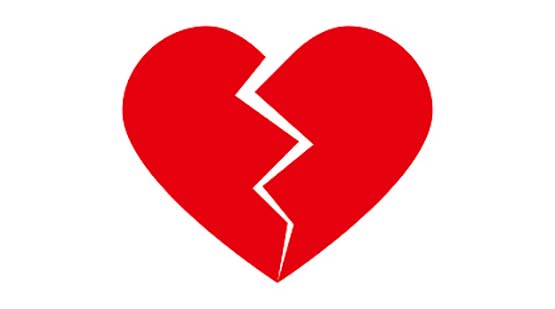
The Sunday Mail

Val Maasdorp
GRIEF and bereavement research shows that those who lose a partner or spouse are at risk of early death.
The effect of the death of a spouse on the mortality of the survivor (the “widowhood effect”) is well documented. Studies suggest that the widowhood effect is more prominent in older males.
When someone dies, the subsequent grief that we experience is the natural human response to the severance of the bond and physical relationship with that person.
Grief refers to the internal feelings and thoughts that the bereaved person experiences and each of us is unique in the way that we process and experience our grief.
The feelings can include deep distress, longing, disbelief, anger and sometimes relief.
At times the pain of grief can feel overwhelming. It is like being on a roller coaster and is a uniquely individual experience with no right or wrong way to grieve. How we grieve depends on many factors, including our life experiences, faith, personality and coping style.
In any society or culture or family, there are customs and rituals for the passing of a person and the expression of grief. Gender differences in the expression of grief are certainly impacted by the culture within which one exists.
While there is a “more masculine” and a “more feminine” way of grieving, it is important to note that we do not all belong in our gender identified stereotypical “box”.
It is more like a continuum or line between the two upon which we need to find our spot and be “allowed” to grieve in the manner that will work best for us in the processing of this bereavement.
There are some women who do not cry easily, just as there are men that find comfort by expressing their grief in the shedding of tears.
Surely what is most important is that we are able to grieve in the way that brings us the most comfort as opposed to being “boxed” by gender stereotypes.
Studies have identified the difference in risk between those who are widowed and their married counterparts. Coping with the stress of caring for a partner who is dying, or who died suddenly and unexpectedly and the subsequent grief and readjustment can be an overwhelming physical and emotional burden.
The heartbreak of grief batters the immune system, leaving one vulnerable to infection.
So if one can indeed die of a broken heart when a partner dies . . . what can we as family and friends , the community and the widowed, do?
The pain of grief can often cause the bereaved to want to withdraw from others. But having the face-to-face support of other people is important to healing from loss. Women generally have larger support groups and systems than men, where they feel able to find solace and support.
Create, offer and accept opportunities for interacting with others, as good quality social support and social engagement are known to positively impact this “widowhood effect”. Reach out to family, friends, support groups and counselling.
Good quality support means encouraging the bereaved to tell you of their pain — listening, not judging and resisting our need to give advice and false reassurance. Never underestimate the power of being a good listener.
Val Maasdorp is a counselling and support consultant at Island Hospice and Healthcare.



